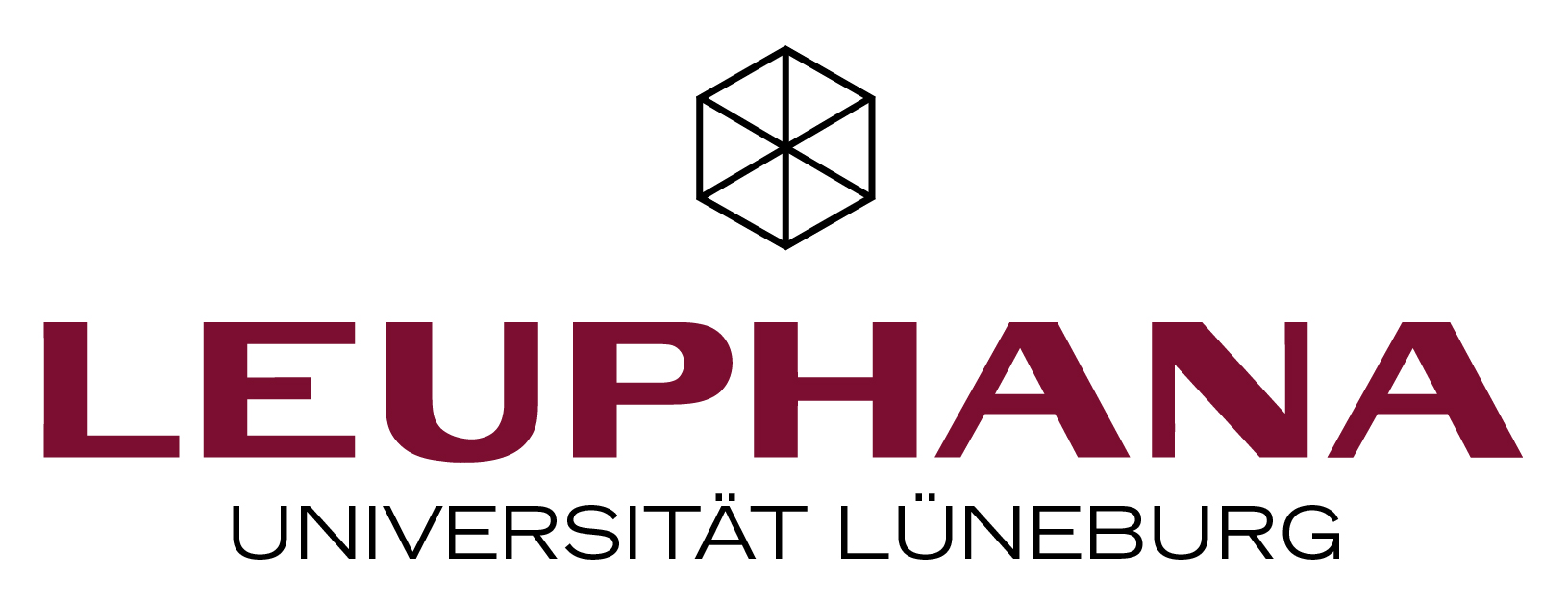Please use this identifier to cite or link to this item:
https://doi.org/10.48548/pubdata-630
| Resource type | Dissertation |
| Title(s) | The Interplay Between European Merger Control Law and the Liberalisation of European Electricity, Natural Gas and Petroleum Markets |
| Subtitle(s) | A Critical Assessment of Market Opening Incidental Provisions within the Relevant Decisions of the European Commission |
| Alternative title(s) | Das Zusammenspiel zwischen dem Europäischen Fusionskontrollverfahrensrecht und der Liberalisierung der Europäischen Elektrizitäts-, Gas- und Erdölmärkte |
| DOI | 10.48548/pubdata-630 |
| Handle | 20.500.14123/665 |
| Creator | Matthiesen, Henning  1227623224 1227623224 |
| Referee | Terhechte, Jörg Philipp  129168378 129168378Schomerus, Thomas  0000-0001-7187-0212 0000-0001-7187-0212  11213355X 11213355XWein, Thomas  0000-0001-7443-3253 0000-0001-7443-3253  170739767 170739767 |
| Advisor | Terhechte, Jörg Philipp  129168378 129168378 |
| Abstract | This thesis analyses how European merger control law is applied to the energy sector and to which extent its application may facilitate the liberalisation of the electricity, natural gas and petroleum industries so that only these concentrations will be cleared that honour the principles of the liberalisation directives. After having discussed the complex micro- and macro-economic considerations which accompany any concentration of business activities, this thesis discusses the merger control regime of the European Community (EC) so as to establish whether the merger control under either Art. 66 Treaty Establishing the European Coal and Steal Community (ECSCT), the case law under Art. 101 and 102 Treaty on the functioning of the European Union (TFEU) and (Art. 81 and Art. 82 Treaty Establishing the European Economic Community (ECT), as it was introduced by the Commission and reviewed by the CJEU, the original Merger Regulation (MR1989) or the amended Merger Regulation of 1997 (MR1997) or the amended Merger Regulation of 2004 (MR2004) facilitate the liberalisation of European electricity and gas markets. Said liberalisation was introduced by the Internal Electricity Market Directive (IEMD), the Hydrocarbons Licensing Directive and the Internal Gas Market Directive (IGMD). The paper focuses on the contestable idea that regulatory amendments - especially the introduction of third party access by means of the directives - only form a first necessary condition for attaining economic alterations whereas pro-active conduct of the marketers is the second and decisive one in order to increase the competitive performance of the European energy supply industries. The analysis is supported by a second argument which relates closely to the ambivalent nature of concentrations: A concentration may be used to increase the process of market opening and the expansion into new markets by pooling of scarce resources. It may also be used as a retro -active means so as to create national champions, increase barriers to market entry of new competitors, enable cross-subsidisation so as to expand dominant positions on heretofore competitive up- and downstream markets. Diese Doktorarbeit untersucht, wie das Europäische Fusionskontrollverfahrensrecht auf den Energiesektor angewendet wird und in welchem Ausmaß seine Anwendung die Liberalisierung der Elektrizitäts-, Gas- und Erdölmärkte unterstützt, so dass nur solche Unternehmenszusammenschlüsse freigegeben wurden, die die Prinzipien der Liberalisierungsrechtsakte (Binnenmarktstromrichtlinie und Binnenmarktsgasrichtlinie) erfüllen. |
| Language | English |
| Date of defense | 2020-11-09 |
| Year of publication in PubData | 2021 |
| Publishing type | First publication |
| Date issued | 2021-02-02 |
| Creation context | Research |
| Granting Institution | Leuphana Universität Lüneburg |
| Published by | Medien- und Informationszentrum, Leuphana Universität Lüneburg |
Files in This Item:
| File | Size | Format | |
|---|---|---|---|
Diss_2021_Matthiesen_H_Interplay.pdf License: Nutzung nach Urheberrecht open-access | 3.55 MB | Adobe PDF | View/Open |
Items in PubData are protected by copyright, with all rights reserved, unless otherwise indicated.
Views
Item Export Bar
Access statistics
Page view(s): 135
Download(s): 141

 BibTeX
BibTeX
 RIS
RIS
 Datacite XML
Datacite XML
 OpenAIRE4
OpenAIRE4